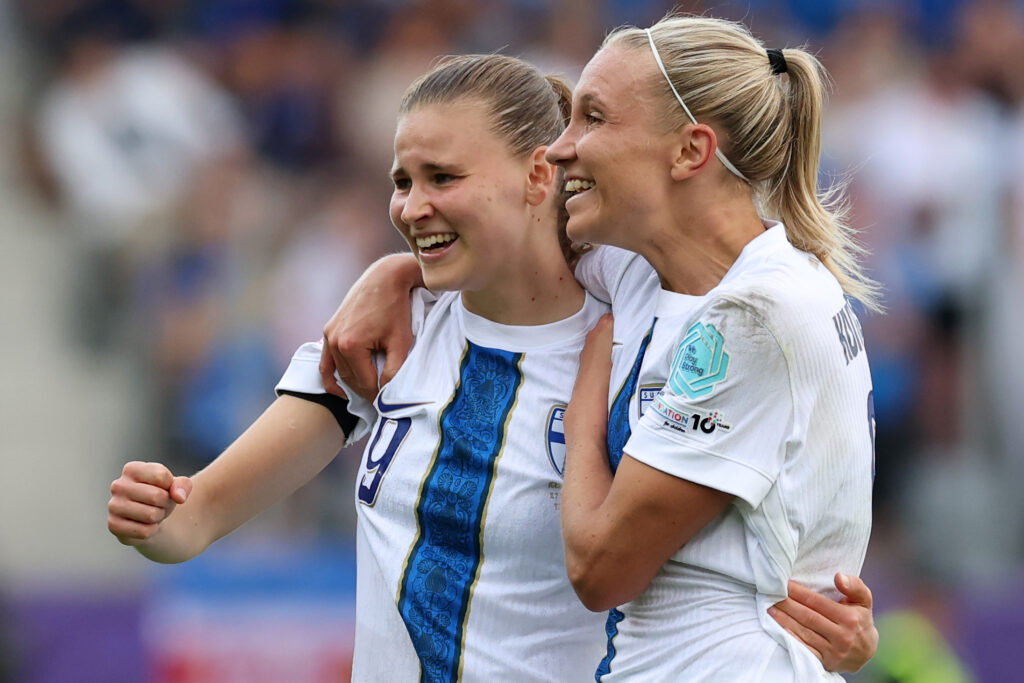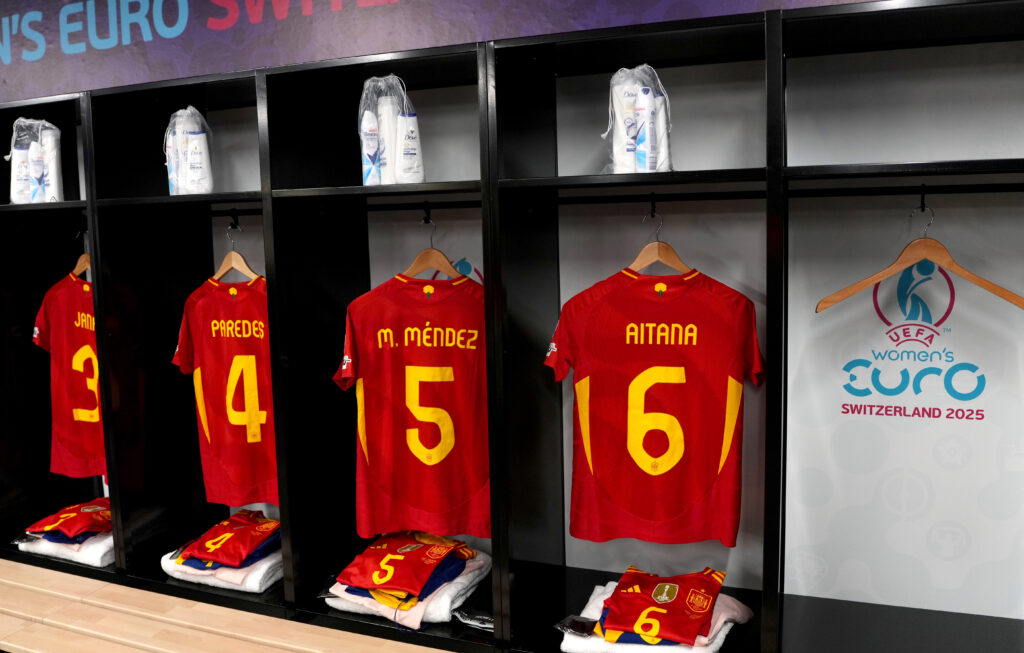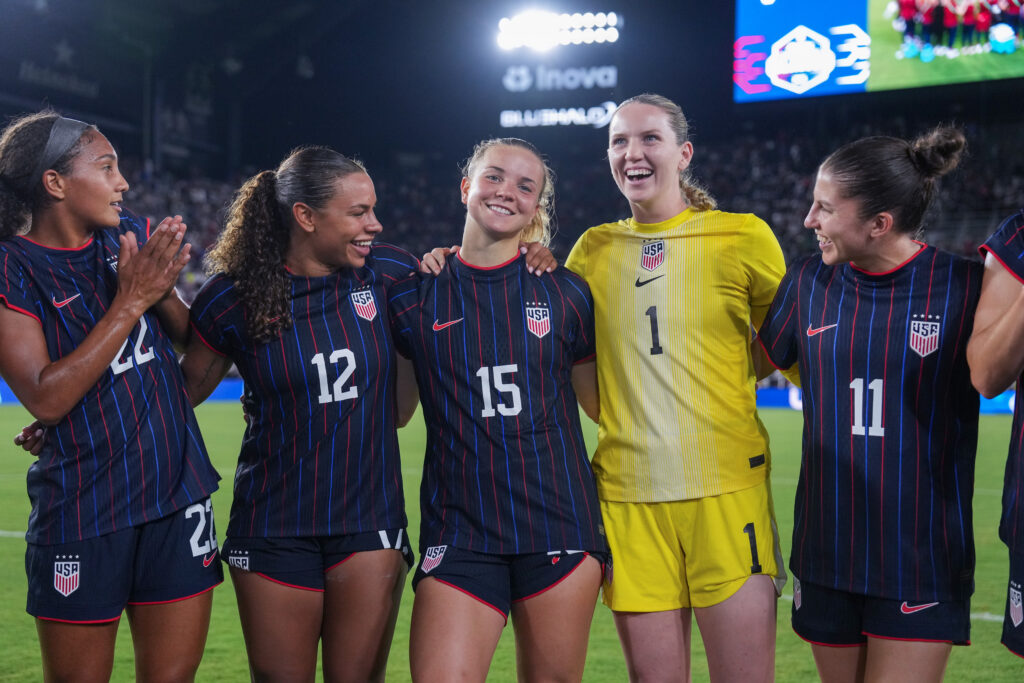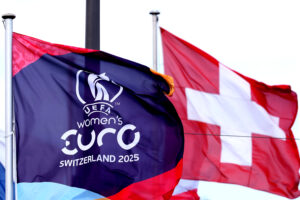A transgender cyclist in the United Kingdom received “threats of physical violence” after prime minister Boris Johnson said in April he doesn’t think “biological males should be competing in female sporting events.”
Emily Bridges, who told ITV she expected the threats after Johnson’s comments, has been unable to compete in women’s races since British Cycling suspended its trans and nonbinary inclusion policy in April.
“It’s really strange to see probably the most famous man in Britain talking about you and having an opinion on something that he doesn’t know anything about,” Bridges told ITV in an interview published Tuesday. “The response after that was as expected, I had threats of physical violence made against me by complete strangers online.
“People are entitled to hold an opinion about it, but there’s a way to go about voicing that opinion — and threatening to kneecap me is not that way.”
The 21-year-old had competed in men’s races until earlier this year, winning the last one she entered in February at the British Universities’ Championships.
“Immediately after I came off the track, I was like, ‘I kind of wish I hadn’t done that,'” she said, anticipating the backlash that would come from winning her final men’s race.
She then entered her first women’s race, with the blessing of British Cycling and in line with the organization’s inclusion policy. Before the race, though, she was told she could not compete in the race, and BC later suspended its inclusion policy.
“We sincerely apologise for the uncertainty caused by the suspension of our policy, particularly for the transgender and non-binary communities and women in our sport, and we will be actively engaging with these communities as part of our policy review,” a British Cycling spokesperson told ITV.
American cyclist Molly Cameron, 45, has long dealt with changing inclusion policies in cycling, as outlined in a feature for Bicycling magazine.
Cameron started hormone replacement therapy in 1999 and signed up for women’s starting in the early 2000s, but she had to quit after the IOC adopted a policy in 2003 that required transgender athletes to undergo gender reassignment surgery to compete.
“It was that simple,” Cameron said on the “Breakfast with Boz” podcast. “It was pretty heartbreaking, and I quit. I stepped back from racing.”
Eventually, she missed racing so much that she started competing in men’s races, but then came another hurdle: In 2015, she was told that as a woman she could not enter the men’s race at the Cyclocross National Championships.
“It was a little bit like the Wild West at the time,” said Cameron’s former coach Adam Myerson. “She didn’t have a path to follow, and neither did cycling.”
That IOC policy altered its policy again in 2015, removing the requirement for surgery and instead mandating hormone replacement therapy and specific testosterone limits. And in November 2021, the IOC again went back to the drawing board, this time recommending that sports organizations move away from testosterone limits.
Amid all the changes, and particularly in response to anti-trans sports bills that started gaining steam in the United States, Cameron created an organization called RIDE in 2021 that advocates for LGBTQ+ communities in cycling.
Bridges, too, sees her goal as making the sport better for those that come after her.
“I’ve got the opportunity and I’ve got to keep going and I feel like I’ve got the strength to keep going, to make things better for the people that come after me,” she said. “That’s the goal to kind of make people feel more comfortable in who they are and to hopefully make cycling and sport a more welcoming place.
“Not just for trans people, not just for LGBT people, but for everyone — because sport is, from what I’ve seen, not an inclusive space.”










